Loss of pubs and villages affects local decision making
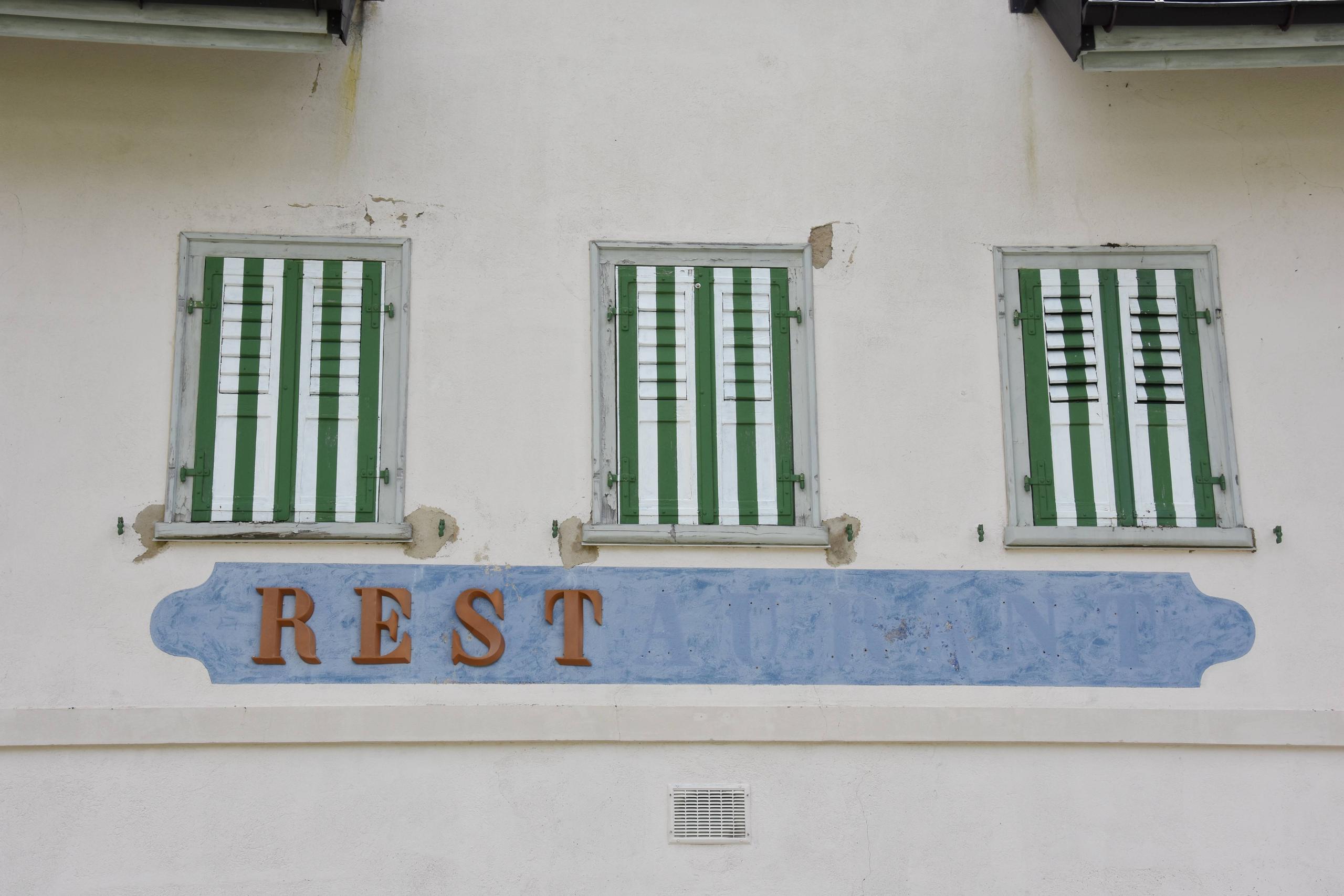
Swiss democracy began with the village pub. The talking was done around the regulars’ table and decisions were made in the room. It was a small community where everyone felt affected and everyone had their say. Now that is over. Local pubs are closing, and so are local newspapers. Anonymous towns are delegating their decision-making to professional bureaucrats. All this is cause for concern.
Last summer there were good feelings all round when Swiss democracy got a very good mark from researchers at the University of Göteborg. In the biggest international comparison of democracyExternal link yet, Switzerland came in fourth after Norway, Sweden and Estonia. There was some criticism to be found in the small print, however. Low turnout for democratic processes in this country’s 2,212 local governments, it was pointed out, spelt trouble for their continued functioning.
Village pubs closing
Observers of the Swiss local government scene were not surprised by this finding. In 2017 the nation’s innkeepers reported a record year for pub closures. Every year about a thousand pubs around Switzerland close their doors for good. This has consequences not only for social but also political life, for every country pub that closes means the end of a traditional place for getting together to talk. It also means there is no longer an audience for locals letting off steam when they are not happy with what the elected officials are doing.
Rise of commuter towns
Do people in the villages care what’s happening to their locality? Less and less, it seems. The emotional link between citizens and their town or district is getting weaker. In 2018 the national survey of the Credit Suisse bank found a decline in people’s sense of identification with their home town for the sixth year in a row. Whereas in 2012 half of those asked said they had such a sense of belonging, by 2017 that had dropped to a quarter.
The trend is particularly marked in the main commuter belts. People may spend their day working in the bustling big city – where they don’t have a vote, of course. But back home in the evening, they want to take it easy. This is more important than going to meetings of clubs or associations, political parties, or indeed the municipal council in these commuter towns.
Silent majority
This has all kinds of consequences. If people don’t respond emotionally to their town, they lose interest in running it and do not go to the regular town meetings. These decision-making get-togethers are the stuff of local politics in Switzerland – every year about 4,000 are held, and about 300,000 citizens take part. (These figures come from the local government monitoring regularly carried out by researchers at Lausanne University and Zurich Vocational College.)
As a general rule the more populous a municipality is, the fewer people turn out for town meetings. While the decline in turnout in communities of 250-1,000 inhabitants is striking, the situation looks worse in large towns and cities, where only two or three per cent of residents bother to turn out.
Andreas Ladner, the doyen of Swiss researchers on local government, sees a definite problem here. “And there’s no magic solution to it”, adds the Lausanne professor.
Municipal mergers For the year 1999, the Historical Lexicon of Switzerland recorded for the first time less than 3,000 local governments. Now, in 2019, there are only 2,212. Within 20 years, a quarter of Swiss local governments lost their independence, mainly due to mergers of municipalities
There are many reasons for the trend. In some places there were no people volunteering for local elected office, in other place local finances had got out of hand for lack of skilled oversight.
This has led to more local governments with professionalised services, but this has a political cost. Studies show that citizen participation really declines in places where local governments have recently merged.
Local parliaments are not the answer
Larger municipalities are starting to rely now on municipal “parliaments” made up of elected representatives. These have established themselves mostly in French- and Italian-speaking Switzerland. In 2017 there were 475 municipal or city parliaments with a total of 173,39 elected members.
Here too, though, there are problems. There is a high rate of turnover among the elected representatives. In municipal parliaments in German-speaking Switzerland, there is on average one departure for every new entrant during a legislative period.
There are alternatives. In canton Lucerne, smaller municipalities are trying something new: they just put everything to a popular vote. Even when fairly minor matters are at stake, five or six times more people cast a ballot than used to show up to town meetings.
Youth and women under-represented
Many political scientists also criticise the make-up of town meetings. In 86% of these meetings, young residents are under-represented, and in 32% seniors are overrepresented, according to figures reported by political science blogsite DeFacto in 2016.
Women and newcomers are also less well integrated in the process. In contrast, local businesses turn out in force and are over-represented at town meetings.
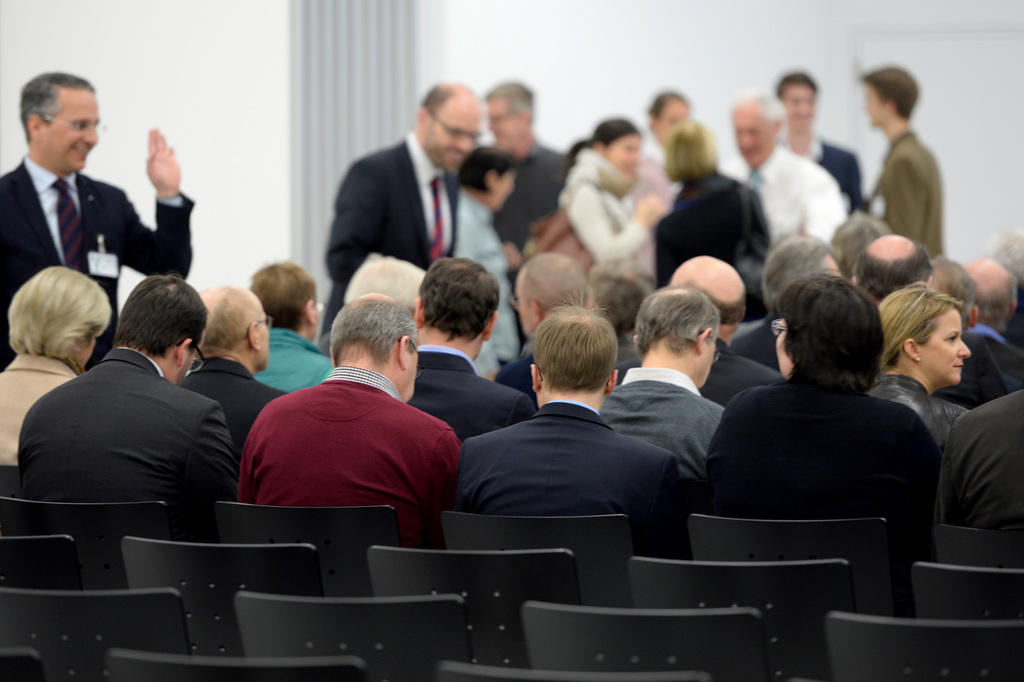
More
Why there are so few women in Swiss local politics
Political scientist Philipp Rochat, who has written a PhD thesis on town meetings in canton Aargau at the Aarau Centre for Democracy, plays down the low-turnout phenomenon. Decisions by legitimate town meetings are generally accepted, he found, and a high rate of participation does not necessarily mean a better quality of democracy.
A dying local press
Daniel Kübler, co-director of the Aarau Centre for Democracy, sees increased pressure on local government politics. In a study on the link between the local press and local political participation he found that “the higher the print run of local papers, and the more they report on local political issues, the more people turn out to vote.”
But in the current climate, the opposite also holds true: the more local media are hit by closures and major media ignore local politics, the less the citizen turnout is going to be in those municipalities.
So there is reason for concern. If local media are not there, there is no coverage. And local politics without coverage – and therefore no public input – opens the door for interest groups to push their own interests and agendas.
What needs to happen? There is a proposed solution at least with regard to the decline of local media. Otfried Jarren, who chairs the government’s advisory commission on media, is calling for information and discussion platforms on the Internet, funded by foundations and the local communities.
Functioning democracy needs involvement of people, and the grassroots democracy of town meetings relies on people’s sense of belonging to their home town. Erosion of this sense of belonging has changed Switzerland in the space of a generation.
There are clearly plenty of problems for the traditional town meeting – the basic building-block of direct democracy – but the solutions are not so clear.

In compliance with the JTI standards
More: SWI swissinfo.ch certified by the Journalism Trust Initiative
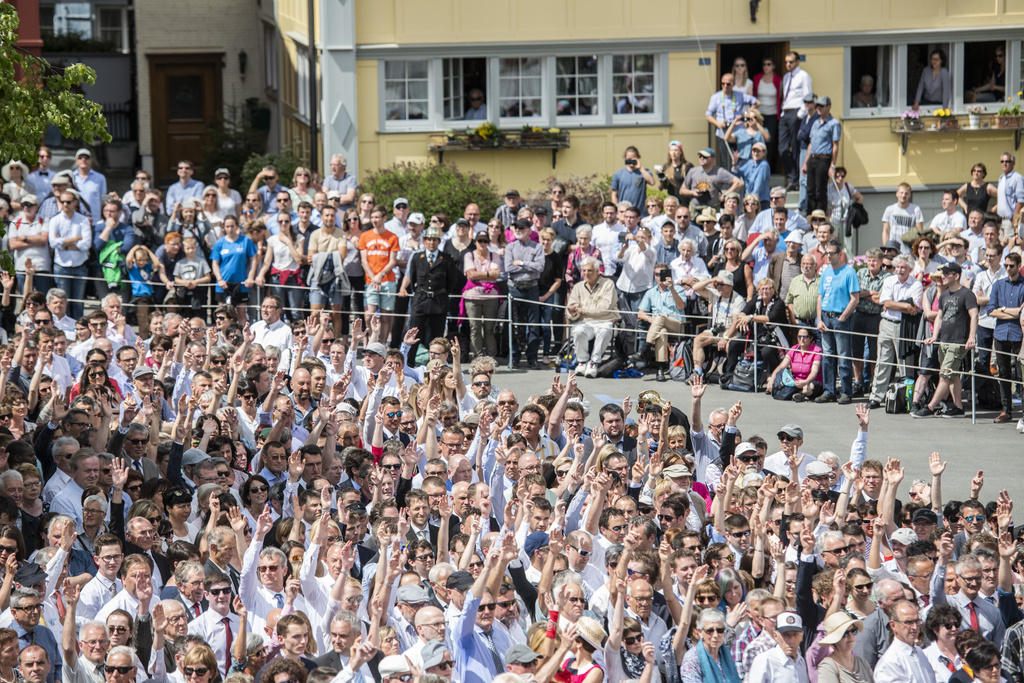
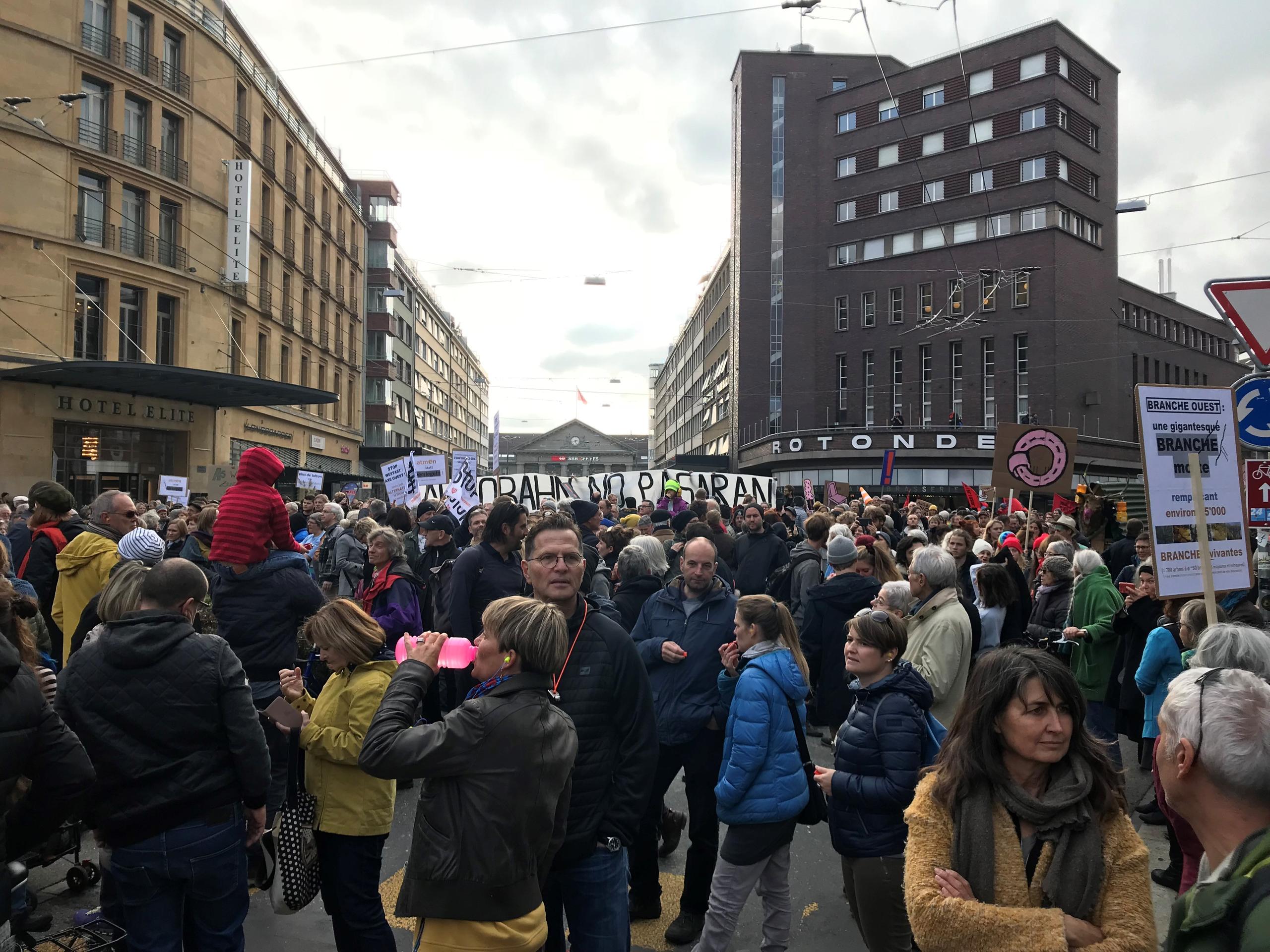
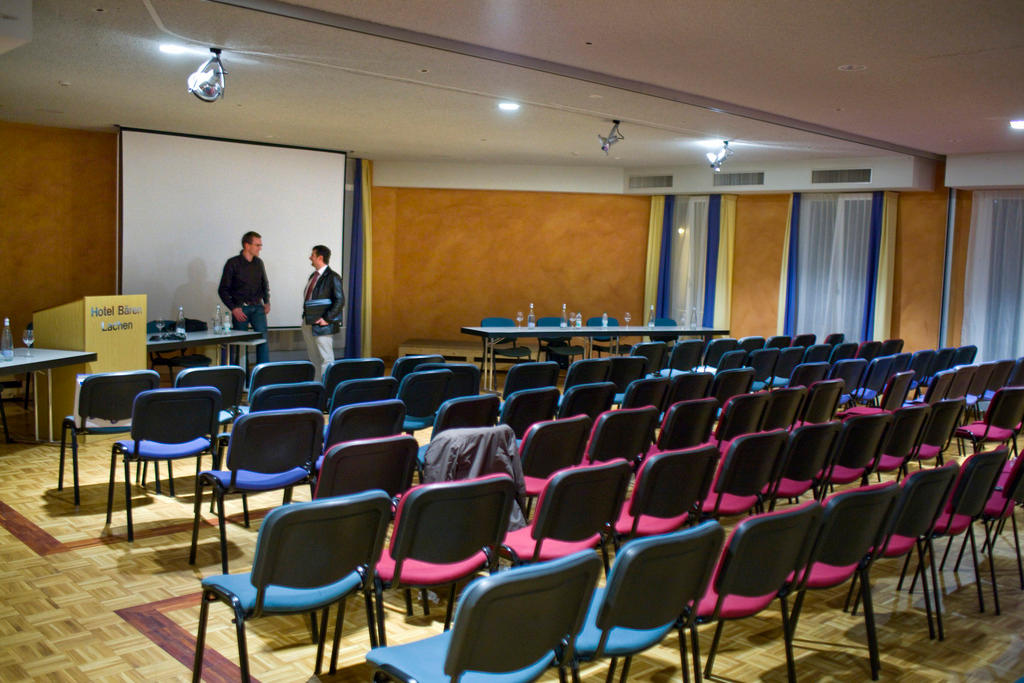
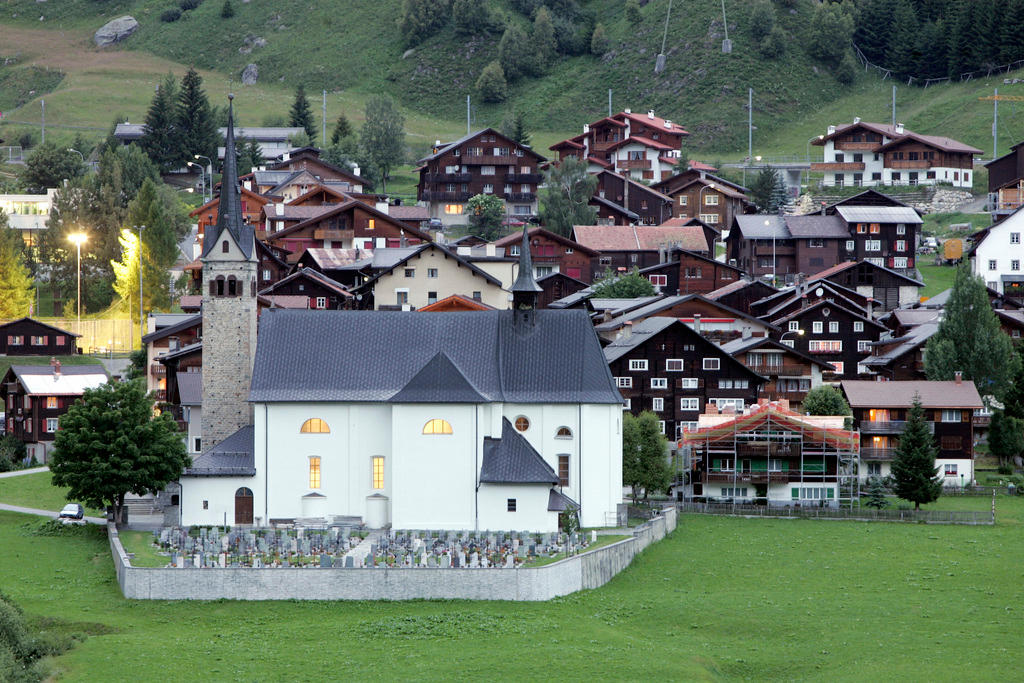
You can find an overview of ongoing debates with our journalists here. Please join us!
If you want to start a conversation about a topic raised in this article or want to report factual errors, email us at english@swissinfo.ch.